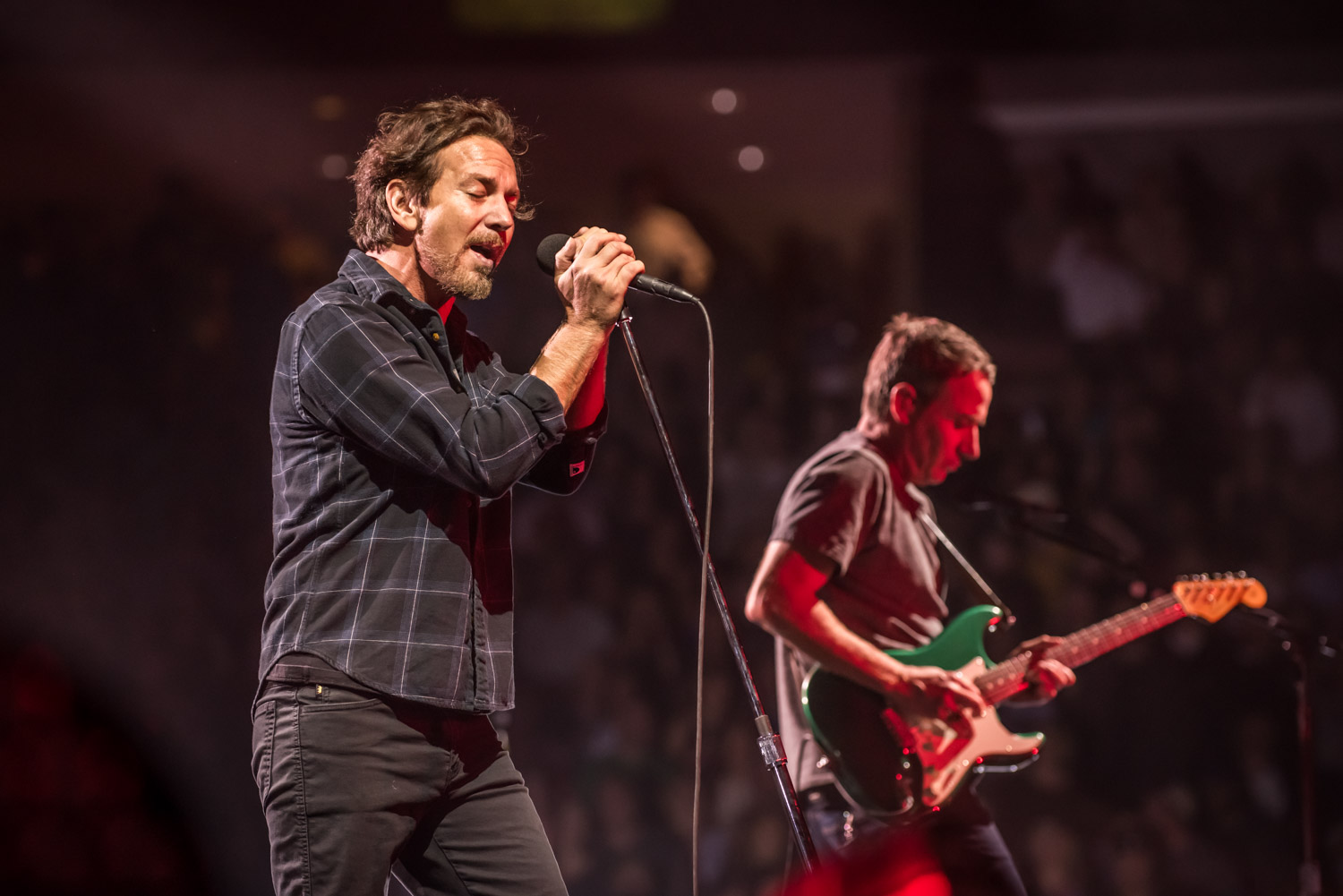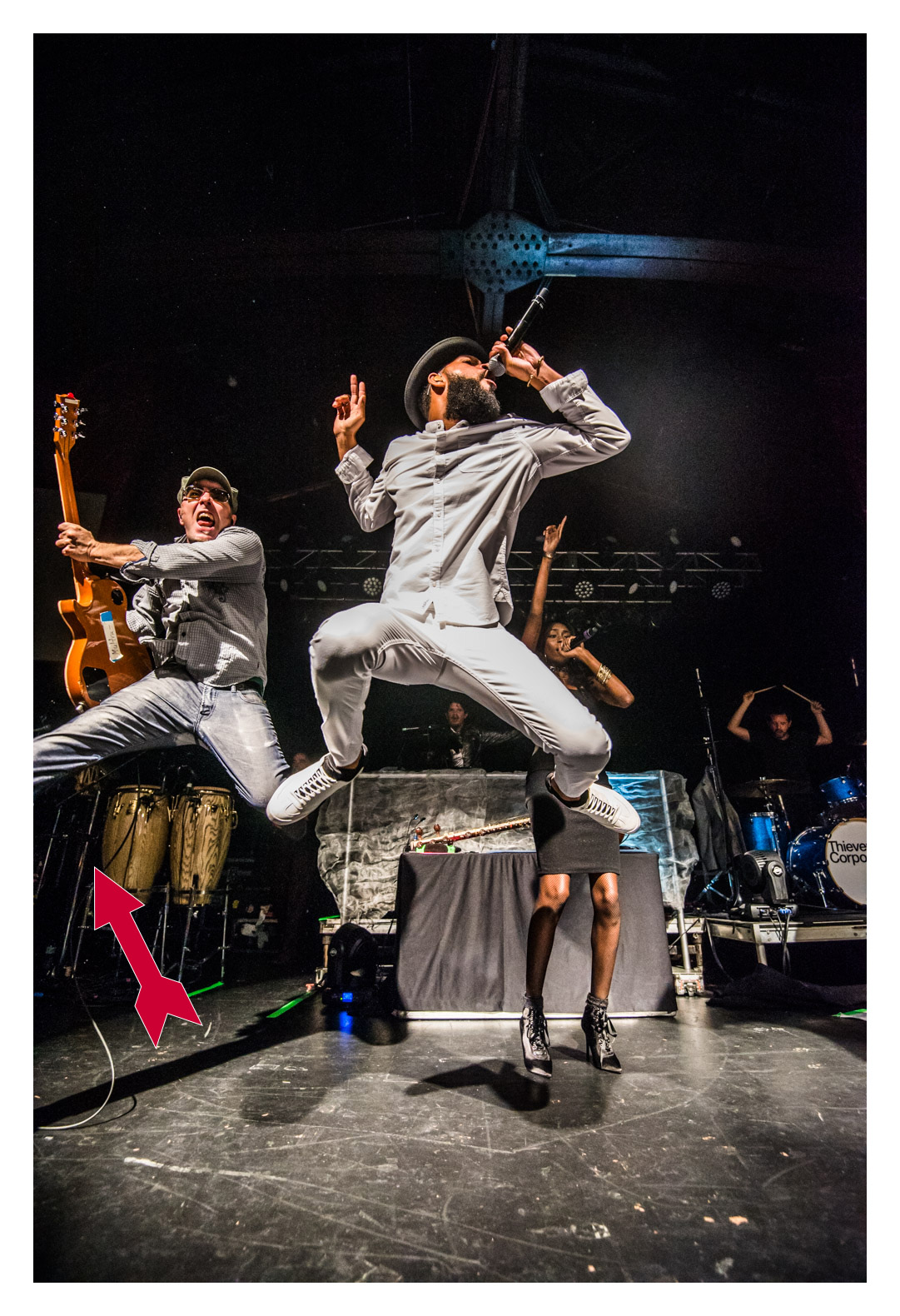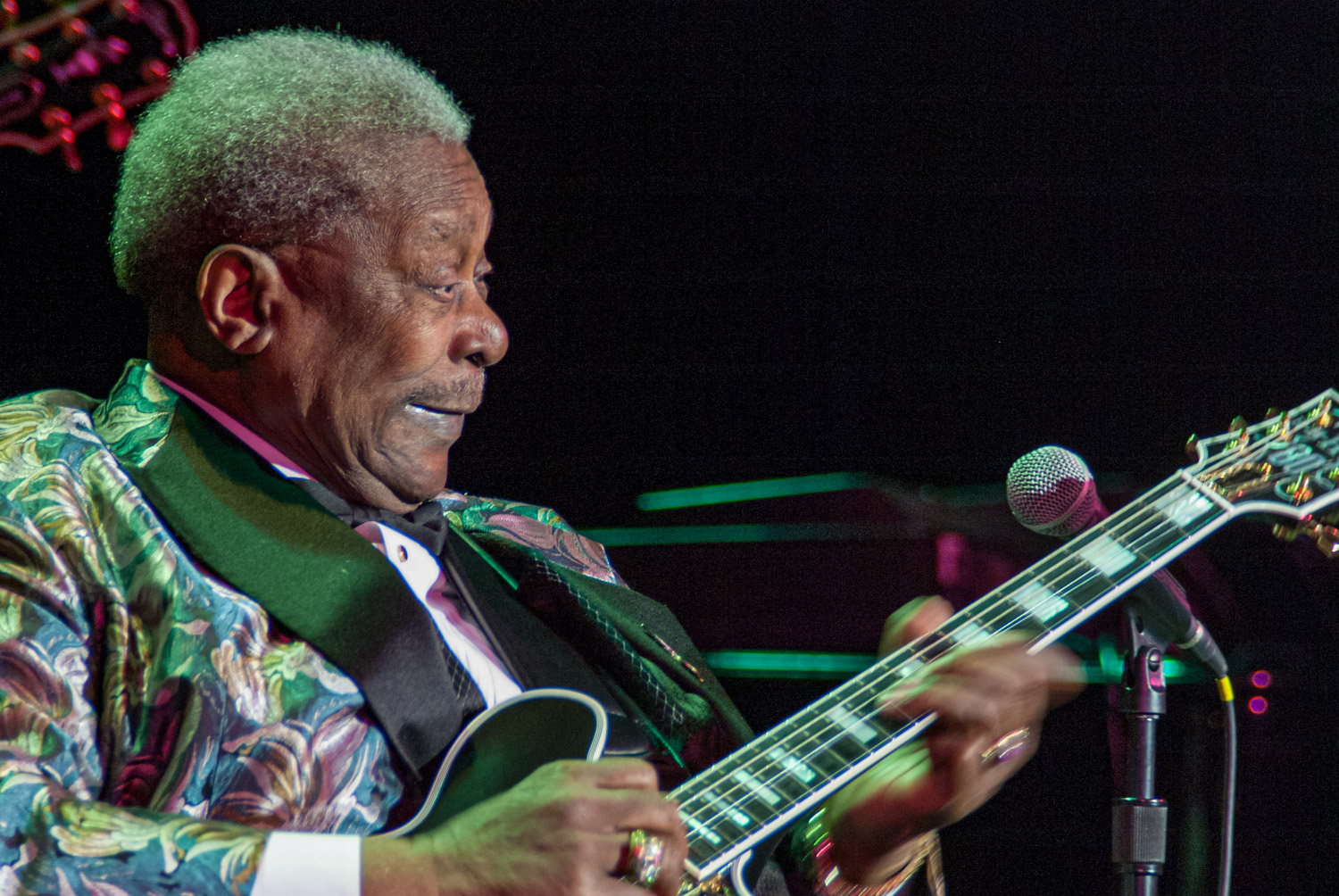It's not about the moment - Part 2
Aug 08, 2025
So, following from my previous DSP blog post...
You captured a great moment with your camera, and you nailed the exposure and focus. Your post-processing edit was killer (and, you got tons of likes and heart emojis on social media). You think you got a great shot.
But, did you?
Not necessarily.
You can get all of this technical stuff "right" (per my previous blog post), but if you don't also nail the composition of the image, then you probably fell short of greatness (despite what your friends on Facebook or Instagram think).
In today's high-tech digital world, there appears (in my opinion) to be a huge emphasis on the technical side of the craft, whether it's the digital camera performance, or the stratospheric capabilities of the editing software. Where I most often see people falling short is in the "composition" department. Their images simply aren't "balanced", or they exhibit egregious composition "mistakes" that could have, and in many cases should have, been avoided.
Let me use music photography as an example...
I belong to various concert photography groups on Facebook, and on a daily basis I see more than my fair share of concert photos in my FB feed. I also see the questions that people are asking, while also reading the comment sections for these posts.
What I'm noticing is an obsession with "tech specs" of cameras and lenses and other gear, and an over-the-top application of software filters. Sure, using high-quality gear to photograph in low-light conditions such as concerts is important, and it's equally essential to have a command of the RAW file editing end of things. But, no amount of sharp focus, solid editing, filters, and great moment is going to make up for bad composition.
And, I'll stress here that using filters to try to embellish a mediocre or bad composition isn't going to improve the photo (and, it may render the photo useless for ethical editorial use, but we'll save that discussion for a future DSP blog post). In fact, a filter can often put emphasis on a compo faux pas -- especially something like "mic mouth". Why put a fancy swirl around a mic mouth image, which only serves to draw attention to the mic covering the singer's mouth? Same goes for the prism filter. If a single mic mouth image isn't flattering, then adding a dozen more using a prism filter certainly isn't going to help.
(What is "mic mouth", you ask? See the lead photo of this blog post. THAT is "mic mouth", and though it is one of my photos, it is not acceptable by my 2025 standards. To be fair, it was captured when I first started out over 15 years ago, and I didn't have my music photography composition skills fine-tuned. Had I read a blog post like this prior to that fest, perhaps I would have had better results! Hint. Hint.)

Generally speaking, what I'm also noticing is a neglect of fundamental composition techniques, whether it's cropping at joints (not limited to music photography, of course, as I see this far too much from portrait and fashion photographers -- and they should know better, especially in controlled shooting environments, unlike live music!). I'm also seeing the mis-use or neglect of the popular rule-of-thirds and symmetry, and a general lack of awareness of tension and balance inside of a frame.
What's interesting is if I, or someone else, points out a composition "flaw" in a posted image requesting constructive criticism (aka "CC"), rather than accept the "CC" that the OP asked for, they often get defensive and say things like, "Well, art is subjective."
Yes, art by its very nature is subjective, but there are certain things that seriously detract from an image that are more objective than subjective, especially when it comes to serving a client / art director that is interested in what they want, not in what you think is awesome or acceptable.
The "mic mouth" example described above is one of those no-nos when it comes to music photography. It simply isn't a flattering depiction of a singer, and in most cases, it can be avoided with a little bit of patience, proper positioning, lens / focal length selection, and a keen ability to anticipate the moment when there is separation between the mic and mouth.
And, before all of the mic mouth defenders balk at what I'm saying, ask yourself this:
If you had two images of the same moment (or, two moments separated by a fraction of a second), and one was mic mouth, and the other had ample separation between the mic and mouth, which one would make for a more-pleasing representation of what is essentially the same moment?
Ten times out of ten it'll be the image with separation. Considering that, do whatever it takes (barring interfering with fellow photographers), to capture that image. Do not compromise by telling yourself that obstructing a singer's primary instrument (their mouth) is okay. It's not. It's poor composition. It's a wasted moment.
Here's another example of what could have been a great shot of two artists going airborne at the same time. What's wrong with this moment, you ask? The composition. Everything happened so quickly that I simply wasn't in the right position in the photo pit, or failed to frame up both performers, to not crop off the guitarist's leg (see the red arrow). Quite frankly, I missed the shot, whether it was my fault or just bad luck of not being positioned properly when this "moment" occurred.

The point of all of this is while you are concentrating on all of your camera settings, focus point, etc, it is essential that you multi-task and also think about how you are framing up your subject in order to properly capture that perfect moment.
Is this easy?
No.
It can take years of practice, and you're never going to nail every shot and every moment no matter how much experience you have. You'll always be learning. You will miss things. It's part of the journey. But, what you will find is that over time, with discipline, things get easier and your anticipation and framing of "the moment" will become nearly intuitive -- you'll do it without having to give much thought to it. You'll be much quicker at getting everything where you need it -- focus, exposure, composition, etc -- capturing and framing up that fleeting moment before it's gone.
What you do not want to do is make a habit out of using excuses for falling short, especially the one that states, "Art is subjective."
NOTE: Image below of BB King (2006) is too tight in the composition, cropping through his pick hand as well as the headstock on Lucille (his guitar). It could have been a much better image.





